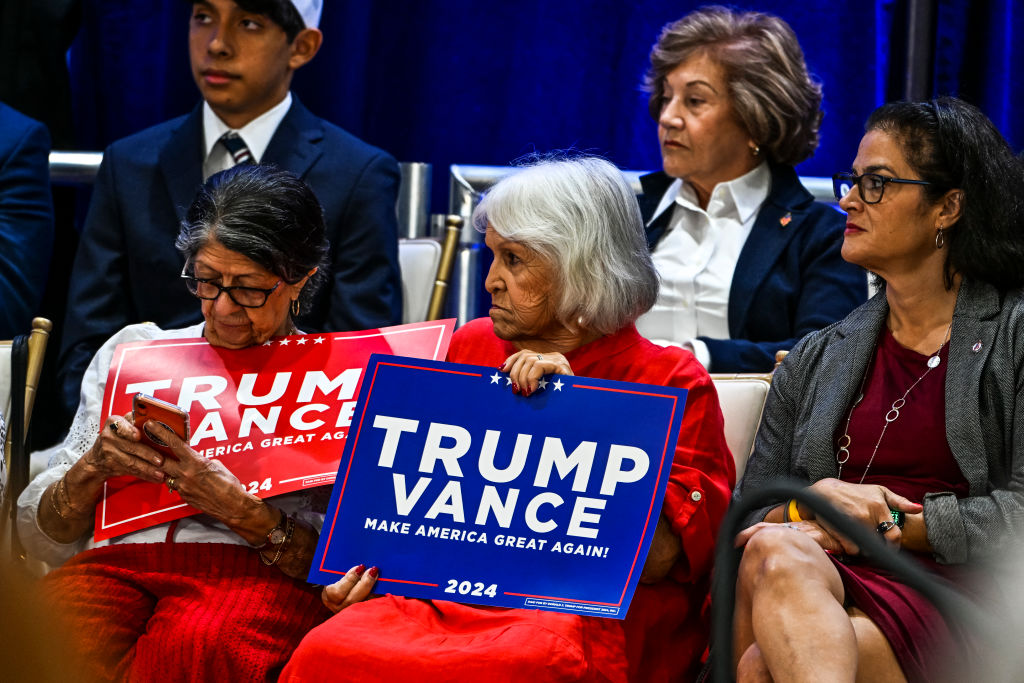Backing from the Latino community played a pivotal role in Trump winning the 2024 Presidential election against VP Kamala Harris to become the 47th President of the United States.
The election results proved there was a shift among Democratic voters’ stances about the Republican nominee. According to USA Today, one noticeable change in the election compared to the previous presidential election was the increase of Latino men who voted for Trump. He won the demographic 54%-44% over Harris per NBC exit polls, which is interesting given that they voted for President Joe Biden 59%-36% over Trump in 2020.

Trump secured 55% of blue-collar voters without college degrees, compared to Harris’s 42%, while Harris carried more affluent, college-educated voters with 57% to Trump’s 40%.
A study conducted by Pew Research Center found that after the COVID-19 pandemic, fewer Latino men enrolled in higher education. Now, only 1 in 5 Latino men aged 25-29 have a college degree, compared to 27% of Latinas in the same age range. In total, 79% of Hispanic adults lack a bachelor’s degree, while 62% of all U.S. adults aged 25 and older.
Despite Trump’s position on unauthorized immigrants, assuring there will be a “mass deportation” of at least 11 million of them who reside in North America, this wasn’t a concern for Latino men since they are more likely than other men in the U.S. to be employed in demanding, low-wage jobs within the construction and maintenance fields.
Arturo Munoz, a truck driver living in Phoenix, Arizona, explained to USA Today that Trump’s main message about addressing soaring costs resonated with him and other Latino men still struggling financially.
“Hispanic and Latino men are very physically hard working,” he told the publication, also mentioning that “Hispanic guys are busting their butt manually every day.” “The difference in pay, the difference in hours, the difference in cuts, the difference in providing for their families. I’ve seen it.”
The 28-year-old additionally observed a noticeable difference in how far his paycheck went from 2016 to 2020, and then from 2020 to 2024.
“I’m pretty sure that Hispanics feel the same way,” Munoz said. “They’d rather take 2016 to 2020, pay, work hours, provisions, all that stuff, then what they have now for these past four years.”
The former president’s increased support indicates that his appeal to working-class voters has expanded to include more than white, non-college-educated voters. This signals potential trouble for Democrats in future elections regarding their base.
